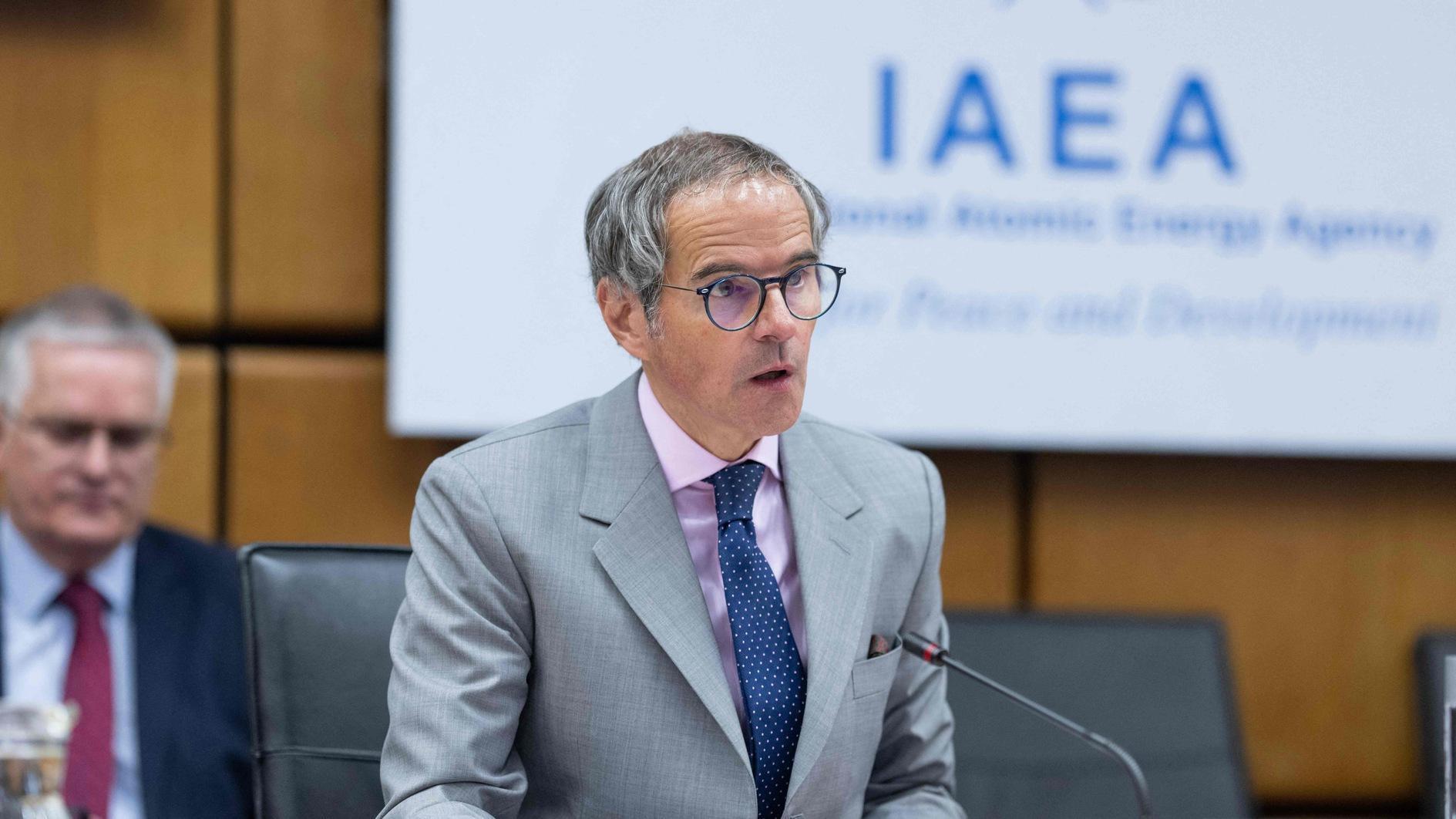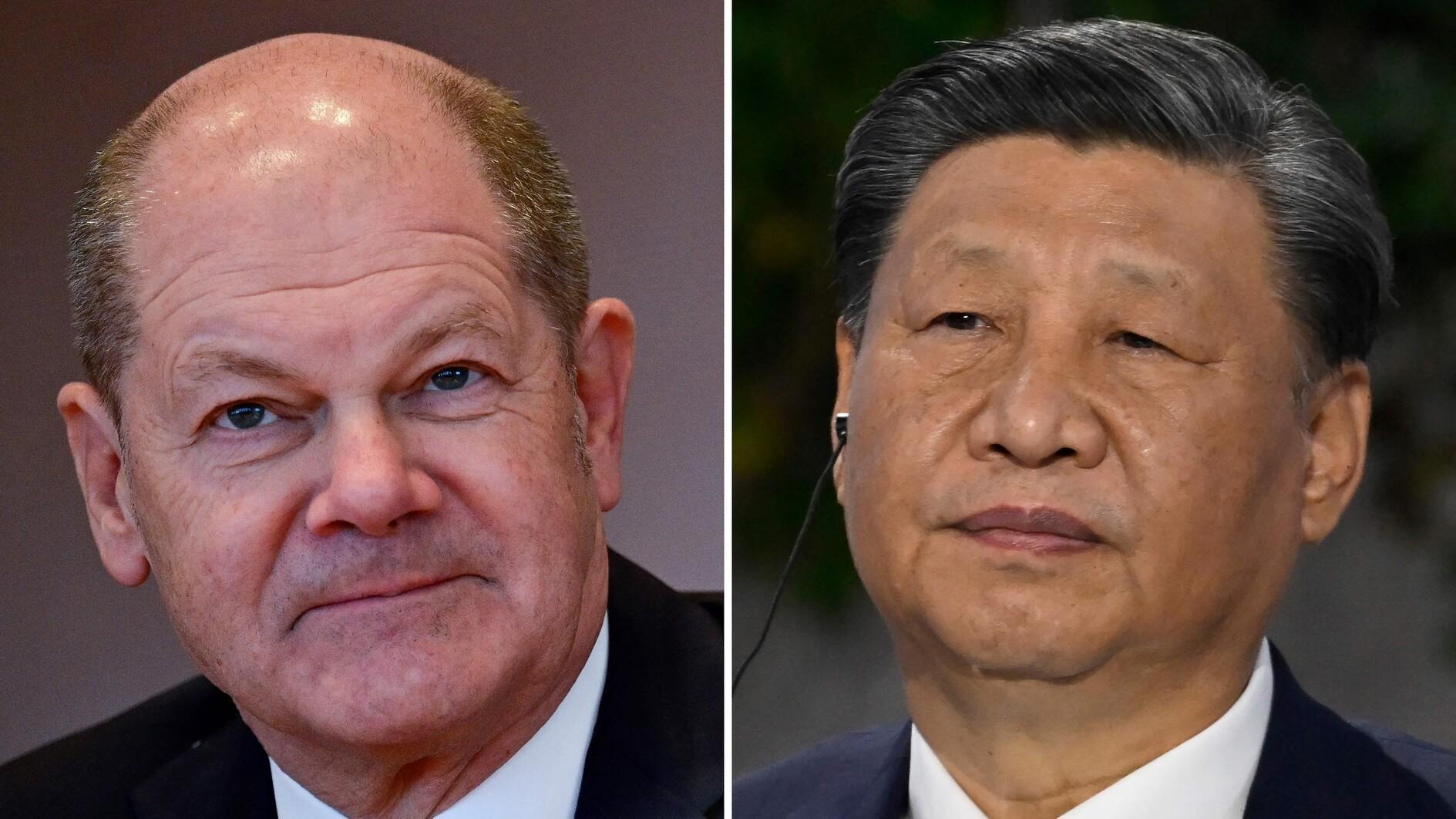Russia eyes joint drive with Turkey on rights
Sevil Küçükkoşum ANKARA

Russian FM Sergei Lavrov (L) shakes hands with Turkish FM Ahmet Davutoğlu. AFP Photo
Long subjected to pressure for curbing free speech, Turkey and Russia have agreed to consult and cooperate at international events in a bid to confront attempts to “politicize” international human rights law, according to officials from both countries.Both Moscow and Ankara believe the “politicization of international human rights law and humanitarian law and usage as tool for political goals” is unacceptable, a Turkish official told the Hürriyet Daily News yesterday.
The comments come in the wake of a Dec. 8 visit to Ankara by Konstantin Dolgov, the Russian Foreign Ministry’s commissioner for human rights, democracy and the rule of law, to begin a consultation mechanism on human rights issues.
“We had bilateral consultation and exchanged views seeking to find common grounds in order to strengthen cooperation in international forums regarding human rights issues,” the Turkish official said.
Dolgov met with officials from the Turkish Foreign Ministry and with Ayhan Sefer Üstün, chairman of the Turkish Parliament’s Human Rights Commission.
There was a constructive discussion of topical aspects of the international agenda in the human rights and humanitarian sphere, a Russian Foreign Ministry statement said regarding the Dec. 8 meeting in Ankara.
“The two parties reiterated Russia and Turkey’s commitment to the principle of the universality of human rights and the inadmissibility of selective application of the relevant standards, and stated the unacceptability of attempts at [the] politicization of the activity of multilateral human rights institutions,” the statement said.
“From this common vantage point, they examined [the] concrete issues of the intensification of cooperation between Moscow and Ankara in this direction within the [United Nations], the OSCE [Organization for Security and Co-operation in Europe] and the Council of Europe,” it added.
In principle, Ankara opposes the politicization of international human rights law and its use as a tool for other goals, the Turkish official said, adding that Ankara had already voiced this principle in the international arena.
The meeting came shortly after U.S. Secretary of State Hillary Clinton raised concerns about the conduct of Dec. 4’s Duma elections during an OSCE meeting on Dec. 6 in Vilnius, at which she called for an investigation into “fraud” in the polls. Russia and Belarus vetoed a release of an OSCE statement aimed at criticizing the deterioration of fundamental rights in member states.
















